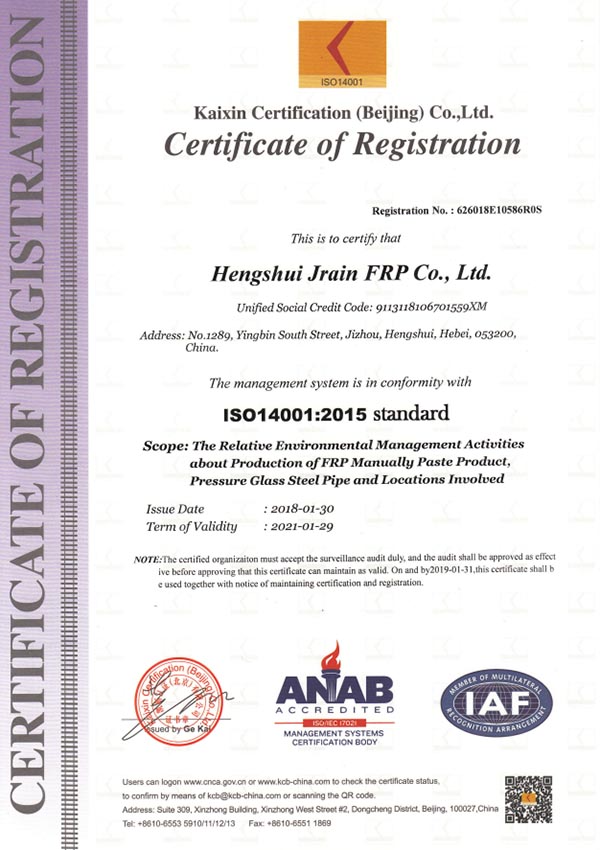
-
 Afrikaans
Afrikaans -
 Albanian
Albanian -
 Amharic
Amharic -
 Arabic
Arabic -
 Armenian
Armenian -
 Azerbaijani
Azerbaijani -
 Basque
Basque -
 Belarusian
Belarusian -
 Bengali
Bengali -
 Bosnian
Bosnian -
 Bulgarian
Bulgarian -
 Catalan
Catalan -
 Cebuano
Cebuano -
 China
China -
 China (Taiwan)
China (Taiwan) -
 Corsican
Corsican -
 Croatian
Croatian -
 Czech
Czech -
 Danish
Danish -
 Dutch
Dutch -
 English
English -
 Esperanto
Esperanto -
 Estonian
Estonian -
 Finnish
Finnish -
 French
French -
 Frisian
Frisian -
 Galician
Galician -
 Georgian
Georgian -
 German
German -
 Greek
Greek -
 Gujarati
Gujarati -
 Haitian Creole
Haitian Creole -
 hausa
hausa -
 hawaiian
hawaiian -
 Hebrew
Hebrew -
 Hindi
Hindi -
 Miao
Miao -
 Hungarian
Hungarian -
 Icelandic
Icelandic -
 igbo
igbo -
 Indonesian
Indonesian -
 irish
irish -
 Italian
Italian -
 Japanese
Japanese -
 Javanese
Javanese -
 Kannada
Kannada -
 kazakh
kazakh -
 Khmer
Khmer -
 Rwandese
Rwandese -
 Korean
Korean -
 Kurdish
Kurdish -
 Kyrgyz
Kyrgyz -
 Lao
Lao -
 Latin
Latin -
 Latvian
Latvian -
 Lithuanian
Lithuanian -
 Luxembourgish
Luxembourgish -
 Macedonian
Macedonian -
 Malgashi
Malgashi -
 Malay
Malay -
 Malayalam
Malayalam -
 Maltese
Maltese -
 Maori
Maori -
 Marathi
Marathi -
 Mongolian
Mongolian -
 Myanmar
Myanmar -
 Nepali
Nepali -
 Norwegian
Norwegian -
 Norwegian
Norwegian -
 Occitan
Occitan -
 Pashto
Pashto -
 Persian
Persian -
 Polish
Polish -
 Portuguese
Portuguese -
 Punjabi
Punjabi -
 Romanian
Romanian -
 Russian
Russian -
 Samoan
Samoan -
 Scottish Gaelic
Scottish Gaelic -
 Serbian
Serbian -
 Sesotho
Sesotho -
 Shona
Shona -
 Sindhi
Sindhi -
 Sinhala
Sinhala -
 Slovak
Slovak -
 Slovenian
Slovenian -
 Somali
Somali -
 Spanish
Spanish -
 Sundanese
Sundanese -
 Swahili
Swahili -
 Swedish
Swedish -
 Tagalog
Tagalog -
 Tajik
Tajik -
 Tamil
Tamil -
 Tatar
Tatar -
 Telugu
Telugu -
 Thai
Thai -
 Turkish
Turkish -
 Turkmen
Turkmen -
 Ukrainian
Ukrainian -
 Urdu
Urdu -
 Uighur
Uighur -
 Uzbek
Uzbek -
 Vietnamese
Vietnamese -
 Welsh
Welsh -
 Bantu
Bantu -
 Yiddish
Yiddish -
 Yoruba
Yoruba -
 Zulu
Zulu
Exploring the Advantages and Applications of FRP Transport Tanks in Modern Industries
Understanding FRP Transport Tanks A Comprehensive Overview
Fiber-Reinforced Plastic (FRP) transport tanks have gained significant attention in various industries due to their unique properties and advantages over traditional materials. FRP is a composite material made from a polymer matrix reinforced with fibers, commonly glass, carbon, or aramid. These tanks are designed to store and transport a wide variety of liquids and are especially popular in industries such as chemicals, food and beverage, and wastewater management.
One of the primary benefits of FRP transport tanks is their corrosion resistance. Unlike metal tanks that can succumb to rust and corrosion when exposed to certain chemicals or environmental conditions, FRP tanks are inherently resistant to a wide range of corrosive substances. This property makes them ideal for transporting aggressive chemicals, such as acids and solvents, ensuring the integrity of both the tank and the contents it carries. As a result, businesses can avoid costly downtimes and repairs associated with tank failure.
Understanding FRP Transport Tanks A Comprehensive Overview
The durability of FRP transport tanks is another compelling aspect. They are designed to withstand harsh weather conditions, extreme temperatures, and physical impacts, making them suitable for outdoor use. FRP tanks also have a long lifespan, often outlasting traditional metal tanks, which makes them a cost-effective investment in the long run. When considering total cost of ownership, the lower maintenance requirements further enhance their appeal.
frp transport tank

In addition to their physical properties, FRP transport tanks can be tailored for specific applications. Manufacturers can customize the resin types, colors, and structural reinforcements based on the intended use, allowing businesses to meet their specific needs effectively. This level of customization ensures that the tank not only meets industry standards but also aligns with the operational requirements of the business.
Sustainability is also a growing concern in today’s world, and FRP transport tanks offer a more environmentally friendly alternative to traditional materials. Many FRP products are recyclable, which aligns with the increasing push towards sustainable practices in manufacturing and industrial processes. Additionally, the extended lifespan of FRP tanks reduces the frequency of replacements, minimizing waste in the long term.
Despite the many advantages, it is essential to consider certain factors before investing in FRP transport tanks. Cost can be higher compared to conventional materials, depending on the specific design and engineering involved. Additionally, while FRP is robust, it may be more susceptible to certain types of damage, such as impact from heavy objects; therefore, careful handling and appropriate usage are crucial to ensure longevity.
In conclusion, FRP transport tanks represent a revolutionary advancement in storage and transportation solutions across multiple industries. Their exceptional corrosion resistance, lightweight design, durability, and customization options make them a preferred choice for many businesses. As industries continue to embrace innovative and sustainable solutions, FRP transport tanks are likely to play a pivotal role in shaping the future of liquid storage and transport. Investing in this technology not only enhances operational efficiency but also positions companies as responsible stewards of the environment.
Latest news
-
Oblate Tanks: Space-Saving, Durable Liquid Storage SolutionsNewsAug.27,2025
-
High-Performance Piping System Solutions for Industry & Commercial UseNewsAug.26,2025
-
Precision Fittings: Durable & Reliable Industrial & Plumbing SolutionsNewsAug.25,2025
-
Practical Steps: Unlock Success with Our Proven GuidesNewsAug.24,2025
-
Transport Tanks: Safe, Durable & Efficient Liquid HaulingNewsAug.23,2025
-
High-Quality Piping Systems for Efficient Flow & DurabilityNewsAug.22,2025









